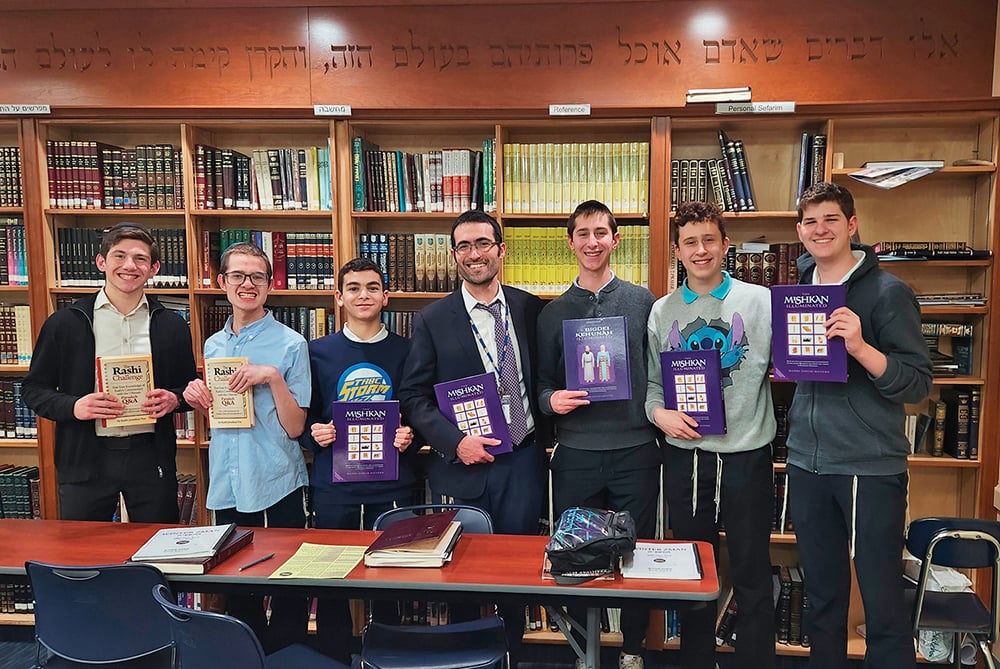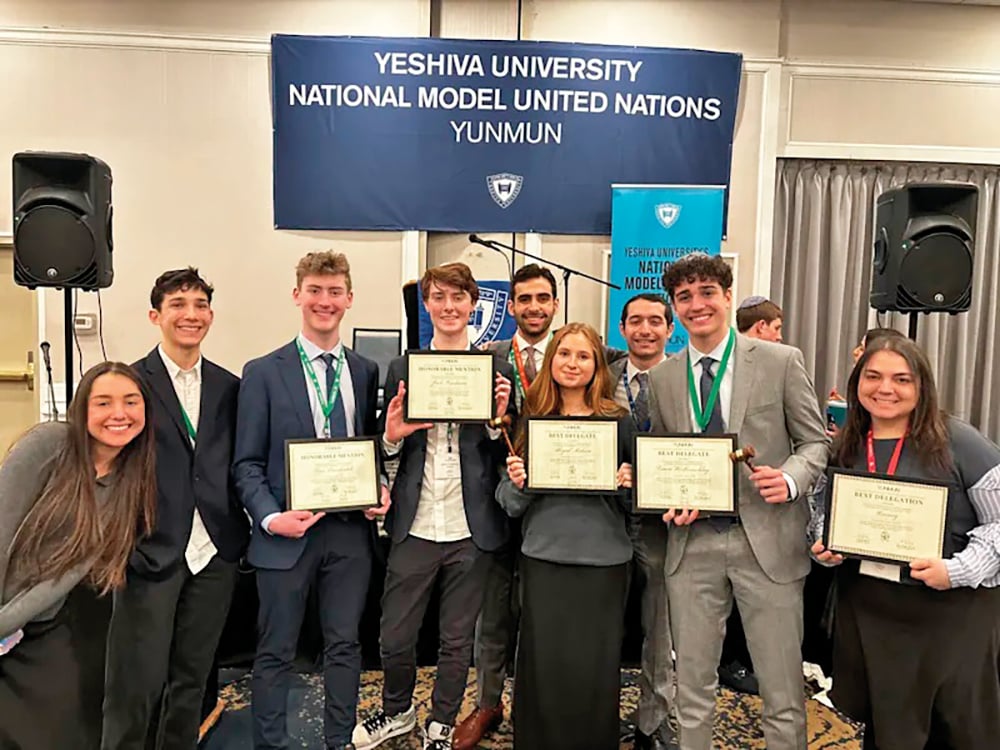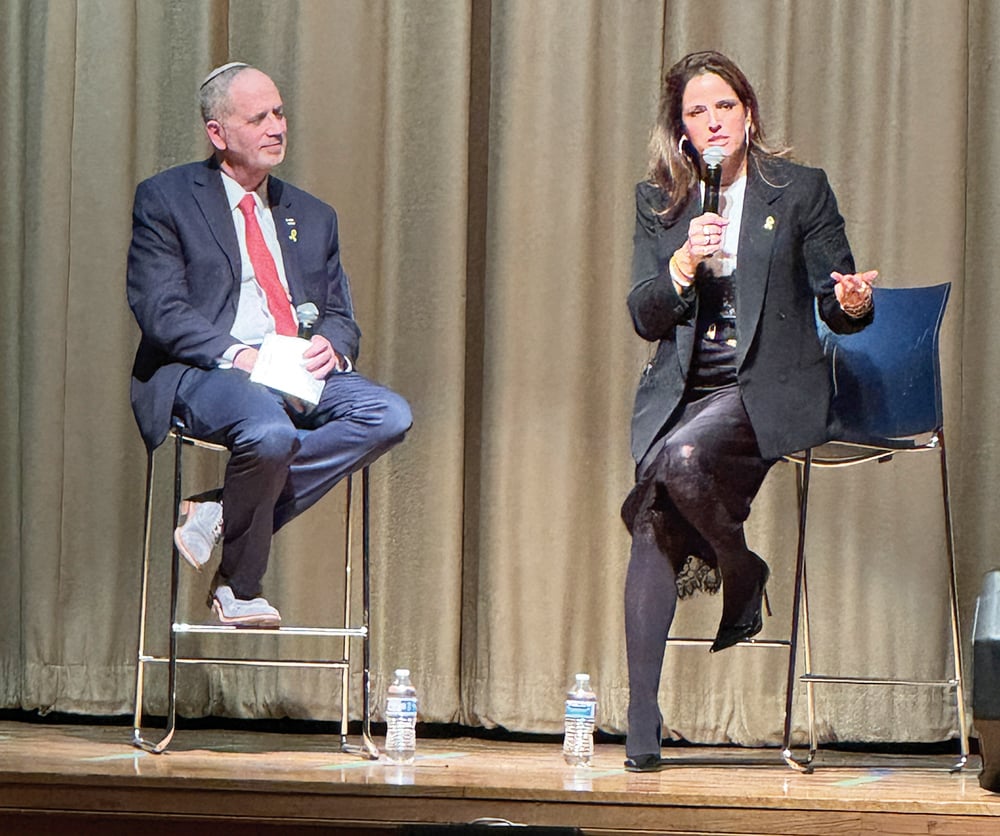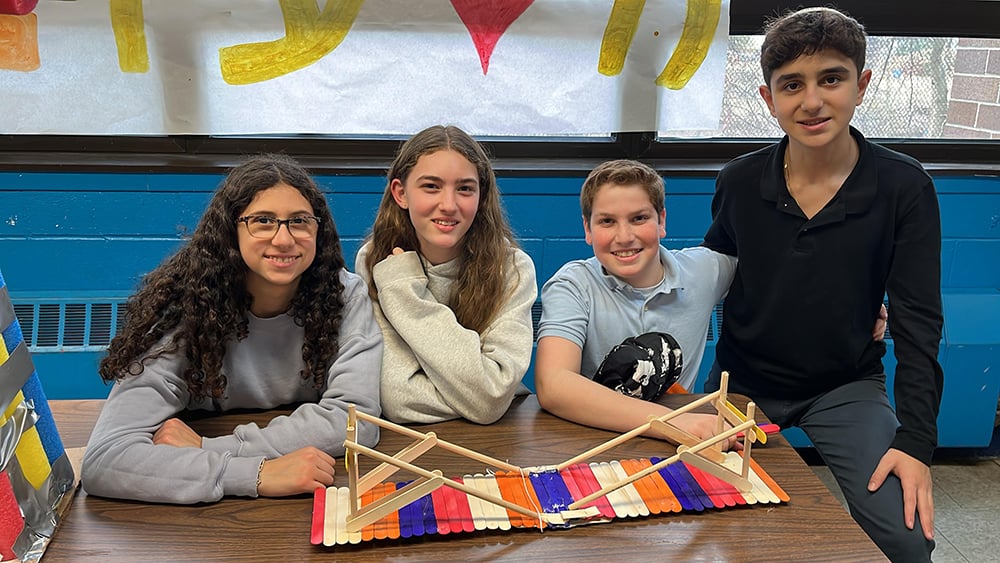וָאֶתְחַנַּן אֶל יְדֹוָד בָּעֵת הַהִוא לֵאמֹר
(דברים ג:כג)
(Courtesy of Zera Shimshon) On the first pasuk in our parsha (Devorim 3:23), “And I (Moshe) pleaded with Hashem at that time saying.” The midrash (Yalkut Shemoni remez 812) asks, “Why did Moshe plead?” and answers, “in order to enter Eretz Yisroel.”
Zera Shimshon asks: What is the purpose of the midrash’s teaching—as the subsequent pesukim already clearly state that Moshe beseeched Hashem to enter Eretz Yisroel? What additional insight does the Medrash seek to impart that is not already apparent?
Zera Shimshon—drawing from the Gemara in Sotah (14a)—begins his explanation by first examining what was behind Moshe Rabbeinu’s desire to enter Eretz Yisroel. According to Rabbi Simlai, Moshe’s longing was obviously not driven by a desire to enjoy the land’s fruits or bounty. Rather, it stemmed from his recognition that numerous mitzvos are uniquely tied to Eretz Yisroel and can only be fulfilled there. Moshe’s desire was to observe these commandments by entering the land.
In response to Moshe’s yearning for mitzvah fulfillment, Hashem promised Moshe and assured him that the merit of performing these mitzvos would be attributed to him—even without physically performing them in Eretz Yisroel.
After Hashem promised this to Moshe, he ceased asking. Moshe’s acceptance of Hashem’s response without further pleading shows that his primary concern for entering Eretz Yisroel was to receive the reward for fulfilling the mitzvos associated with the land. Therefore, once Hashem assured him that the merits of these mitzvos would be attributed to him as if he had personally performed them, Moshe was relieved.
The Maharsha asks: How can this be? This totally contradicts the mishna in Pirkei Avos (1:3): “Antignos of Socho received an oral tradition from Shimon Hatzaddik. He used to say: ‘Don’t be like servants who serve their master with the intention to receive reward. Rather, be like servants who serve their master without the intention of receiving reward.’”
This mishna warns against serving one’s master solely for the sake of receiving a reward, suggesting instead that the focus should be on serving without an explicit intention of reward. How can it be then, that Moshe had such a strong desire for reward?
The Maharsha offers an explanation to the question posed, but Zera Shimshon rejects it and instead cites the Megaleh Amukos, who provides an alternative reason for Moshe’s intense yearning to enter Eretz Yisroel.
We see in Tanach that in earlier times, there was a very powerful drive towards avodah zara (idol worship), presenting a tremendous test for the people. However, the Gemara in Yoma explains that during the time of the Second Bais Hamikdash, the Anshei Knesses Hagedolah prayed to Hashem to nullify it, and Hashem granted their request. Consequently, today we don’t have this strong pull to serve idols.
In connection to this, the Gemara in Erchin criticizes Yehoshua for not praying to eliminate the yetzer hara of avodah zara, as Ezra and the Anshei Knesses Hagedolah did. The Gemara there raises the question of why Hashem did not get angry also with Moshe, who also did not pray for the removal of the yetzer hara of avodah zara. The answer provided by the Gemara is that Moshe did not reside in Eretz Yisroel, and as a result, he lacked the merit that would make his prayers effective in removing this evil inclination. Therefore, no criticism could be directed at Moshe.
Based on this understanding, the Megaleh Amukos concludes that Moshe Rabbeinu’s strong desire to enter Eretz Yisroel stemmed from his wish to have the merit of residing in the land in order to pray to eliminate the yetzer hara of avodah zara, which would bring the world closer to complete perfection.
Building on the Megaleh Amukos’ peshat, Zera Shimshon now provides an interpretation of the midrash’s answer, that the reason Moshe prayed was to be granted permission to enter Eretz Yisroel—something that seemingly doesn’t need to be explained. Although this might appear evident, the midrash is presenting an alternative reason to Rabbi Simlai’s question of why did Moshe have an intense desire to enter the land.
Contrary to Rav Simlai’s explanation—which suggests Moshe sought reward for fulfilling unique mitzvos in Eretz Yisroel—Zera Shimshon explains that the midrash is teaching that Moshe’s yearning was driven solely by the pure desire to be present there. He understood that residing in Eretz Yisroel would grant him the capacity to pray for the eradication of the yetzer hara of avodah zara and bring about the world’s ultimate perfection.
In summary, the midrash comments on the verse, “Vaeschanan el Hashem,” that Moshe prayed to Hashem because he desired the privilege of entering Eretz Yisroel, which was revoked from him as a consequence of hitting the rock, instead of speaking to it.
Zera Shimshon asks: What is the midrash adding that we don’t know ourselves? The reason for Moshe’s prayer to Hashem is clearly stated in the Chumash that Moshe wanted to enter Eretz Yisroel! In light of this, he questions what additional insight or significance the midrash seeks to provide?
Zera Shimshon presents two opinions for Moshe’s longing to enter Eretz Yisroel: According to the Gemara, he desired to attain the reward associated with fulfilling the unique mitzvos of the land. On the other hand, the Megaleh Amukos—drawing from another Gemara—posits that Moshe yearned to enter Eretz Yisroel to have the merit of living there. This would enable him to pray for the eradication of the yetzer hara of avodah zara.
According to this, we can now explain the midrash cited earlier, that Moshe prayed that he could enter Eretz Yisroel. This seemed not to add anything we don’t know ourselves. According to what we now said, however, it is coming to negate that Moshe’s intent in entering Eretz Yisroel was to gain reward for performing its specific mitzvos and to reinforce the other reason: Moshe aspired to enter Eretz Yisroel simply for no other reason than to have the merit of being there. Having this merit, he would have the power to beseech Hashem to remove the yetzer hara of avodah zara.
HaRav Shimshon Nachmani—author of Zera Shimshon lived in Italy—about 300 years ago, in the time of the Or HaChaim HaKodesh. The Chida writes that he was a great mekubal and wrote many sefarim—including sefarim about “practical Kabbalah”—and asked that all of his sefarim be buried after he passes away, except for Zera Shimshon and Niflaos Shimshon on Avos. HaRav Shimshon Nachmani had one child who died in his lifetime (hence the name “Zera Shimshon”) and in the preface, he promises for people who learn his sefarim after he dies, “ … And your eyes will see children and grandchildren like the offshoots of an olive tree around your tables, wise and understanding with houses filled with all manner of good things … and wealth and honor … ”













